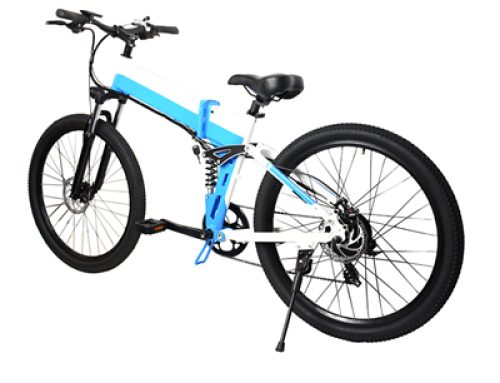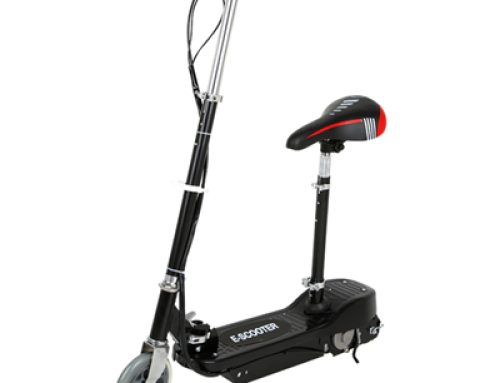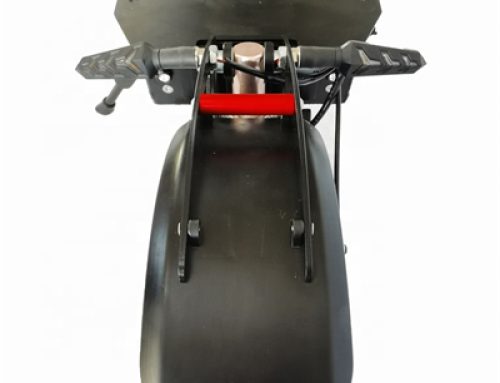The concept of a “new era of two-wheeled travel” refers to the transformative changes and advancements that are shaping the world of bicycles and other two-wheeled modes of transportation. This era is characterized by innovative technologies, changing lifestyles, and a renewed emphasis on sustainability and efficiency. Here are some key elements that contribute to this new era:
- Electric Mobility: Electric bicycles (e-bikes) are at the forefront of this new era. The integration of electric motors and batteries into bicycles has revolutionized how people perceive and use cycling. E-bikes offer enhanced mobility, making longer distances and challenging terrains accessible to a broader range of riders. This electric assistance has opened up cycling to people who might not have considered it before.
- Urbanization and Mobility Solutions: As urbanization continues to rise, cities are seeking sustainable solutions to transportation challenges. Bicycles, especially e-bikes, are becoming integral to urban mobility strategies. They provide a way to navigate congested city streets, reduce traffic congestion, and decrease the environmental impact of commuting.
- Technological Integration: The convergence of technology and bicycles has given rise to “smart” bikes. These bikes are equipped with features like GPS navigation, smartphone integration, fitness tracking, and even advanced safety systems. Such technology enhances the riding experience, safety, and connectivity of cyclists.
- Micromobility Revolution: Beyond traditional bicycles, various micromobility options like electric scooters and skateboards are gaining popularity. These compact, electric-powered vehicles offer convenient and eco-friendly alternatives for short-distance travel in urban areas.
- Sustainability and Green Initiatives: The new era of two-wheeled travel aligns with global efforts to reduce carbon emissions and combat climate change. Bicycles, particularly e-bikes, play a crucial role in promoting sustainable transportation options and reducing reliance on fossil fuels.
- Wellness and Health Focus: The integration of e-bikes into daily routines encourages physical activity and an active lifestyle. Commuting on a bicycle, even with electric assistance, contributes to improved cardiovascular health, reduced stress, and increased well-being.
- Cultural Shift: There’s a growing cultural shift towards valuing experiences over possessions and prioritizing health and well-being. Bicycles, especially e-bikes, cater to this shift by offering an enjoyable and experiential mode of transportation.
- Innovations in Design and Materials: Advances in materials science and design have led to the development of lighter, stronger, and more aerodynamic bicycles. This enhances performance, comfort, and overall riding experience.
- Customization and Personalization: The availability of various bike styles, sizes, and features allows riders to choose a bicycle that suits their specific needs and preferences. This level of customization contributes to a more personalized and enjoyable riding experience.
- Economic and Social Factors: Economic considerations, such as rising fuel costs and the desire for cost-effective transportation, are driving interest in bicycles and e-bikes. Additionally, the social aspect of group rides, cycling communities, and cycling events further fosters this new era of two-wheeled travel.
- Evolving Infrastructure: Many cities are investing in cycling infrastructure, including bike lanes, dedicated paths, and bike-sharing programs. These improvements facilitate safer and more convenient cycling experiences, encouraging more people to embrace two-wheeled travel.
Overall, the new era of two-wheeled travel encompasses a range of transformative changes that position bicycles, particularly e-bikes, as versatile and impactful modes of transportation. This era reflects a shift towards more sustainable, healthier, and enjoyable ways of moving through the world.







